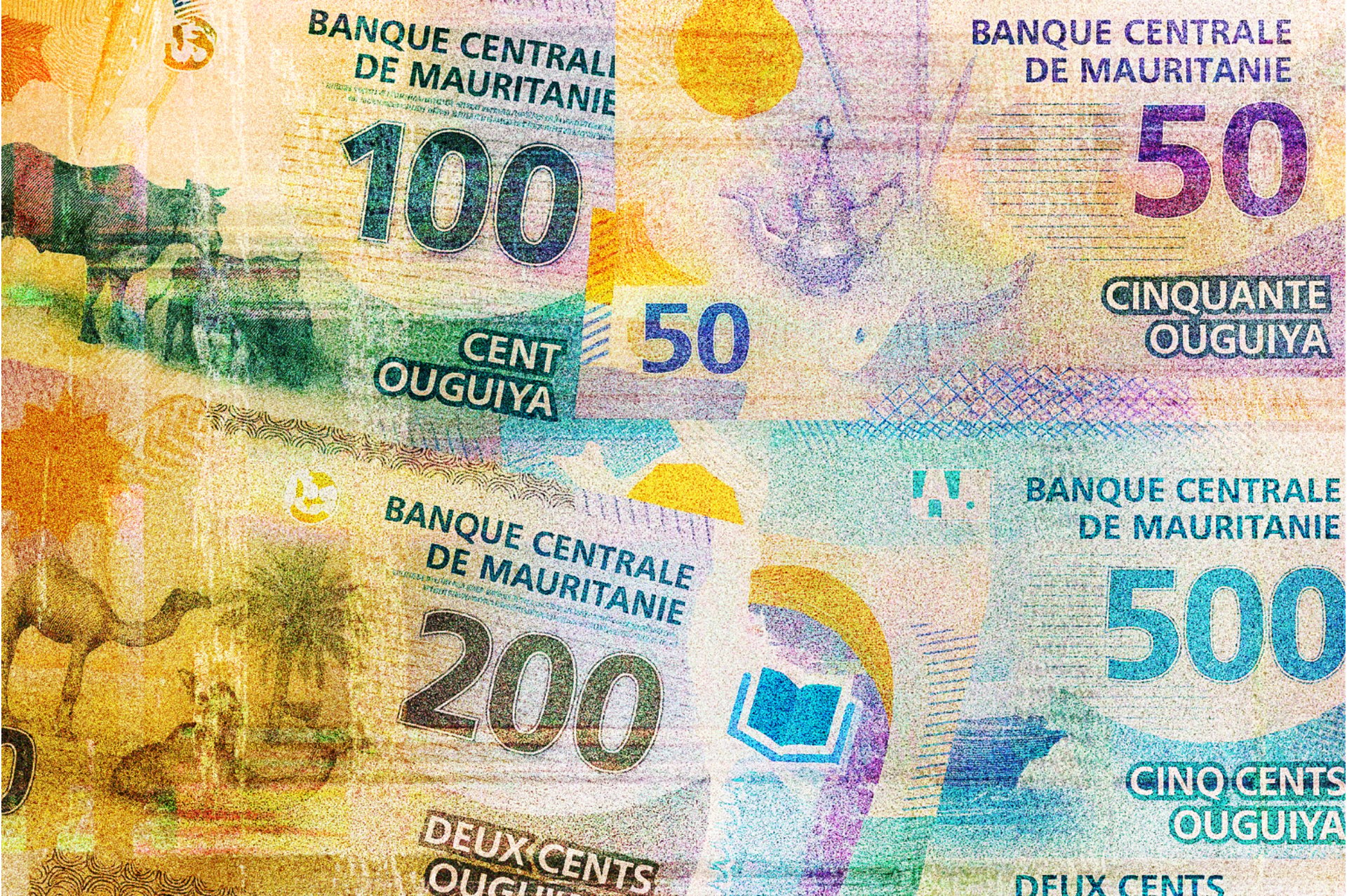
Skipping Cash, Going Mobile
How a country skipped cards and jumped straight into mobile money.
AFRICAMAURITANIACYBER SECURITY
People who discuss global digital payment systems tend to focus on Western tap-to-pay systems and Asian super-app platforms. However, the world has witnessed an unreported fintech revolution in Mauritania, a country that bypassed traditional banking systems entirely and established mobile payment systems as its dominant financial structure.
Mauritania moved away from conventional banking methods and transitioned directly from a cash-based economy to mobile payment solutions. While many African and Middle Eastern economies adopted digital wallets through a gradual expansion of debit card usage, Mauritania skipped this intermediate stage and embraced mobile payments immediately. Platforms such as Bankily and Mauripay now operate as the primary payment systems across the country, reaching even small towns like Atar, Choum, Ouadane, Aleg and Tidjikja, where fintech agents already outnumber ATMs.
Although mobile money operates nationwide, cash remains the leading payment method. Research shows that cash continues to dominate daily financial activity, and more than 80% of online customers still choose cash-on-delivery as their preferred payment method. Financial inclusion remains limited, since less than 20% of adults possess a bank account. At the same time, the number of e-wallets has expanded rapidly, with user bases growing by more than 400% over the past two years.
The success of mobile payments stems from structural constraints. Mauritania’s vast territory, remote location and low population density made it nearly impossible to build a nationwide banking infrastructure. As a result, the country developed a nationwide agent-based mobile payment network to fill this gap. Rural towns and desert villages along major roads host kiosks operated by Bankily and Mauripay agents who handle cash-in and cash-out transactions in places where ATMs, POS terminals and card acceptance do not exist. This environment explains why Mauritania effectively skipped traditional banking infrastructure development and created its own fintech-driven payment model. Mauritanians tend to choose mobile wallets over cards because wallets provide superior security features and because card infrastructure never expanded due to high ATM installation costs, poor POS distribution, an unregulated economy, insufficient merchant banking services, poor debit card education and the remote location of many towns.
Mauritania’s fintech platforms have succeeded where traditional banks could not. Users only need to provide a phone number to access these services, which continue to function even in regions lacking basic infrastructure. The system enables instant cash-in and cash-out operations, offers lower fees and operates independently of bank account requirements. The country therefore created a financial access model distinct from Western fintech approaches, one that emerged organically from its geographic and socioeconomic conditions.
As the industry grows, security risks are expected to increase. PCI-DSS aligned reforms will be essential to addressing vulnerabilities, particularly for Bankily and Mauripay. Three urgent actions stand out:
The first priority is replacing SMS-based authentication with in-app time-based one-time passwords and multi-factor authentication. Most Mauritanian fintech breaches stem from the theft of SMS verification codes or from SIM-swapping operations, combined with weak agent-based identity validation during account resets. Applications should adopt TOTP authentication through tools like Google Authenticator or Authy, require two independent authentication steps before device changes or password resets, impose delayed transaction processing on unknown devices and require biometric authentication or QR code scanning before agents reset accounts. This shift addresses the core security weakness affecting most financial operations in the country.
The second area involves modernising API and transaction encryption. Independent security testers have found that some local fintech applications still use insecure TLS versions, lack certificate pinning and rely on unprotected merchant API calls. Fintech systems must adopt TLS 1.3 as the minimum encryption standard, enforce certificate pinning across Android and iOS applications, authenticate merchant APIs with HMAC-SHA256 and eliminate SMS-based balance enquiries and transfer verification. Public Wi-Fi usage in towns such as Atar, Choum and Zouérat creates a high risk of man-in-the-middle attacks, making strict encryption enforcement essential.
The third urgent area concerns agent network oversight. These networks face higher security risks than ATMs because agents process far more transactions. System weaknesses include the storage of customer OTPs accessible to agents, unauthorised agent transactions, inadequate identity verification procedures and unsecured account reset processes. Improved oversight should require biometric authentication for each agent-performed cash-out, automatic account freezing when password reset attempts occur within short time windows, immediate flagging when multiple customers use the same agent device, temporary blocking of high-volume operations and the replacement of OTP display methods with unique QR codes for every transaction. Strengthening this network is crucial because it simultaneously represents the backbone and the most vulnerable point of Mauritania’s fintech system.
Mauritania’s fintech revolution demonstrates an innovation model that expanded financial access rather than reflecting any failure in the banking sector. The system provides essential services to those who lack conventional banking options. To reach full maturity, the industry must now focus on advanced authentication systems, improved API protection and robust agent network protocols. The years from 2020 to 2024 brought rapid fintech adoption. The future instead must prioritise security, trust and regulatory compliance.
Mauritania has created an exceptional digital payment system that functions independently from traditional banking networks.
Now it must protect it.
